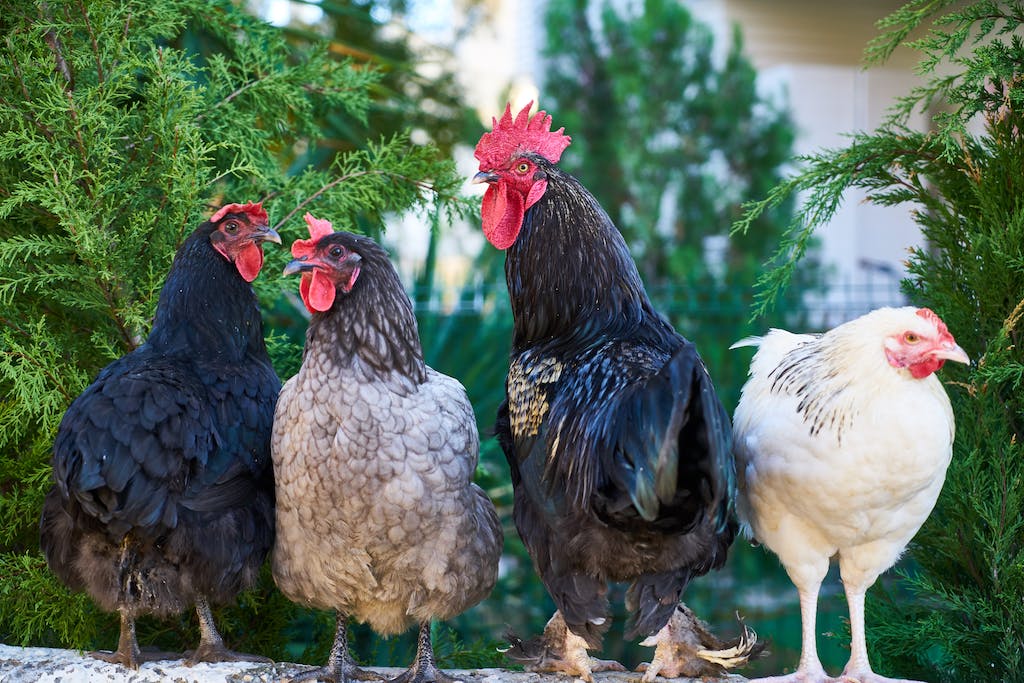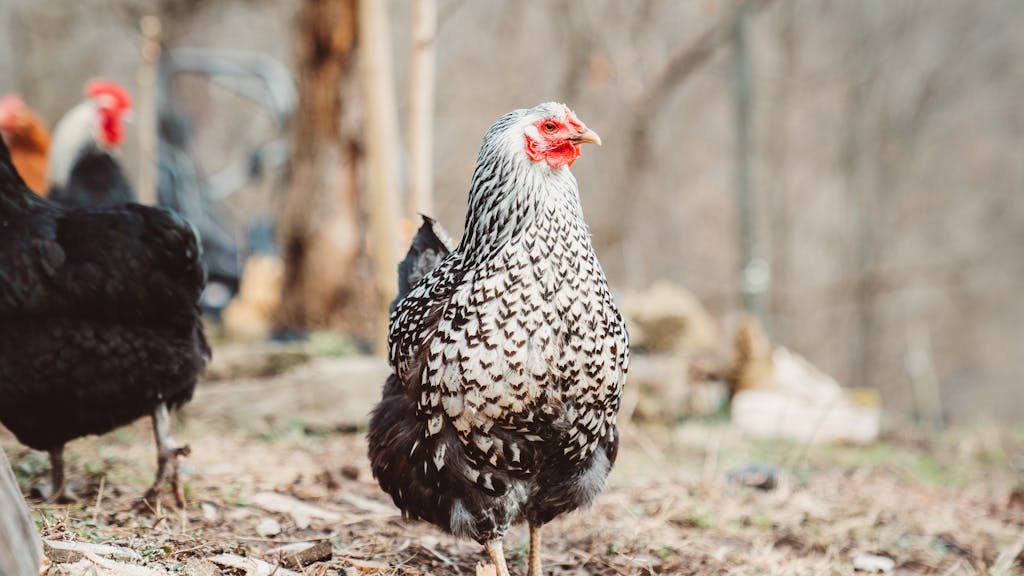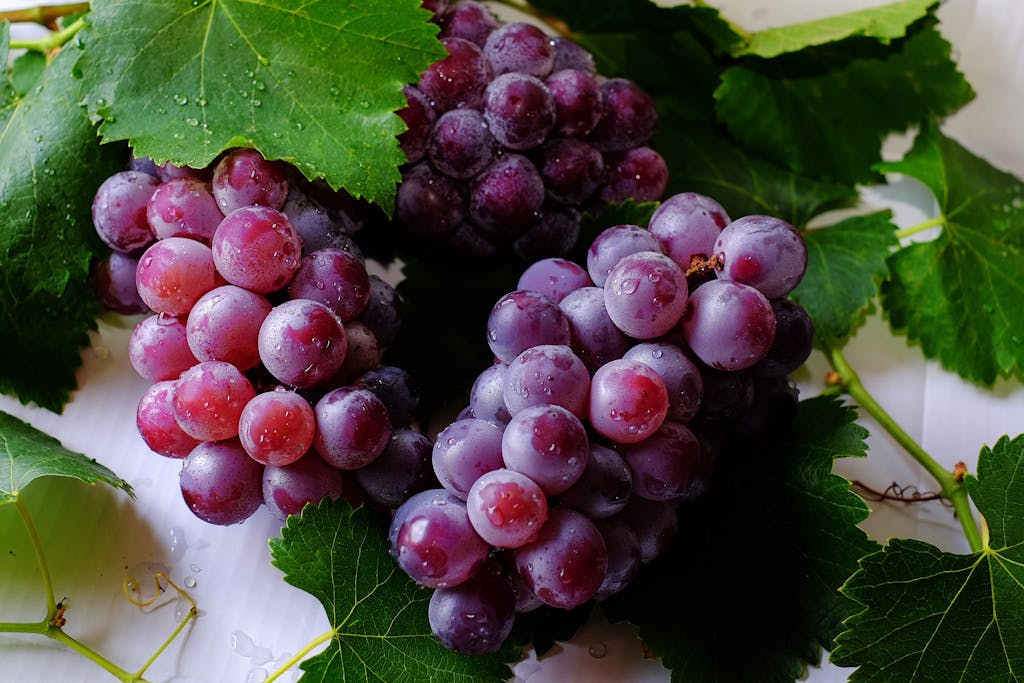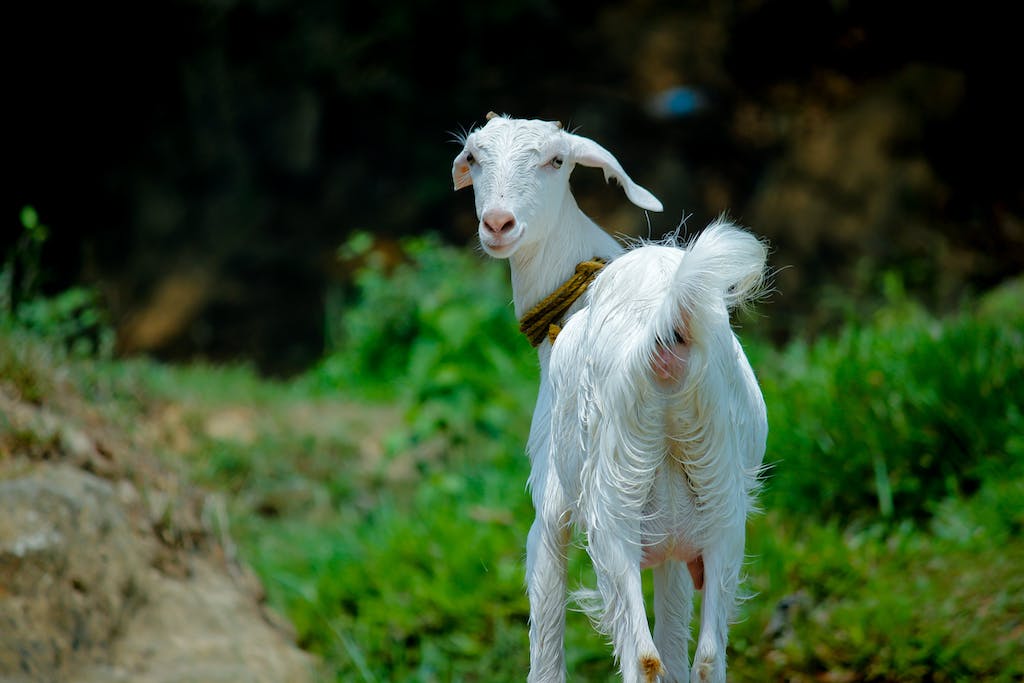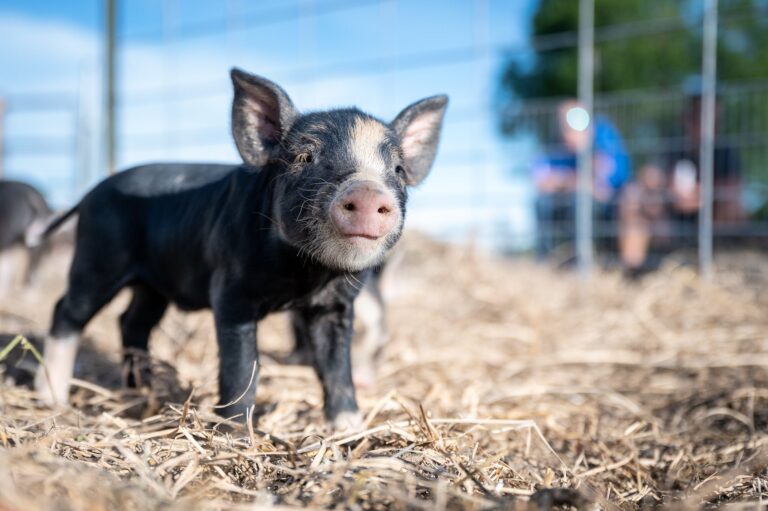Do Chickens Eat Ants? The Truth About Chicken’s Diet
If you’re a chicken owner, you may have noticed your feathered friends pecking at small insects crawling around their coop or yard. One common insect that chickens seem to enjoy snacking on are ants. But do chickens eat ants? The answer is yes, chickens will eat ants, but there are some important things to keep in mind.
Ants are a great source of protein for chickens and can provide a tasty treat for them. However, it’s important to note that not all ants are safe for chickens to eat. Some ants, such as fire ants, can be harmful or even deadly to chickens if they are ingested in large quantities. It’s important to monitor your chickens and ensure they are not consuming harmful ants. It’s important to provide your chickens with a balanced diet to ensure they are getting all the nutrients they need.
Chickens and Ant Consumption
Chickens are omnivores and consume a variety of insects as part of their natural diet. Ants are one of the insects that chickens may consume, providing them with a protein-rich food source. In this section, we will explore the natural diet of chickens and the nutritional benefits of ant consumption.
Natural Diet and Nutritional Benefits
Chickens have a natural instinct to forage for food, which includes a variety of insects and vegetation. Ants are a valuable source of protein for chickens, providing them with essential nutrients necessary for their growth and development. Ants are also an excellent source of calcium, which is essential for strong bones and eggshell production.
Ants contain essential amino acids that are necessary for the production of protein in chickens. These amino acids cannot be produced by the chicken’s body and must be obtained through their diet. Ants also contain antioxidants that help to boost the chicken’s immune system, protecting them from diseases.
Diverse Ant Species in Chicken Diets
Chickens consume a variety of ant species, including carpenter ants, fire ants, and black ants. Each ant species has a unique nutritional profile, providing chickens with a diverse range of essential nutrients. For example, carpenter ants are high in protein and fat, while fire ants are rich in vitamins and minerals.
Ant consumption is a natural behavior for chickens and provides them with a valuable source of protein and essential nutrients. Chickens consume a diverse range of ant species, each providing unique nutritional benefits.
Potential Risks and Health Concerns
Feeding chickens ants can be a good source of protein and other nutrients. However, there are potential risks and health concerns that should be taken into consideration before adding ants to their diet.
Toxic Ant Species and Chemicals
Some ant species, such as red fire ants, can be harmful to chickens. These ants can sting and cause pain, swelling, and even death in severe cases. Some ant species may contain harmful chemicals or toxins that can be dangerous to chickens if ingested.
To reduce the risk of harm to your chickens, identify the ant species you plan to feed them and ensure that they are not toxic or harmful in any way. You can also use fire ant bait to control the population of red fire ants in your yard or farm.
Parasites and Diseases
Feeding chickens ants can also lead to the spread of parasites and diseases. Ants can carry cecal worms and other intestinal parasites that can infect your chickens. Different species of tapeworms can also be transmitted to chickens through ant ingestion.
To minimize the risk of parasite and disease transmission, ensure that the ants you feed your chickens are free from any harmful pathogens or parasites. You can also provide your chickens with a balanced diet and regular veterinary care to maintain their overall health and immunity.
Feeding chickens ants can be a good source of nutrition, but be aware of the potential risks and health concerns. By taking necessary precautions and ensuring that the ants are safe and healthy, you can provide your chickens with a varied and nutritious diet.
Feeding Practices and Ant Control
Incorporating Ants into Chicken Feed
Chickens are omnivores and will eat a wide range of foods, including ants. Incorporating ants into chicken feed can be a great way to provide your chickens with a source of protein and help control ant populations in your yard. However, it’s important to ensure that the ants you are feeding your chickens are not harmful or poisonous.
One way to incorporate ants into chicken feed is to mix them with other protein sources, such as mealworms or crickets. You can also sprinkle ants directly onto your chicken’s feed or offer them as a treat.
Managing Ant Populations
Ants can be a nuisance in your yard and can also pose a threat to your chickens’ health. Ants can carry diseases and parasites that can infect your chickens, and some species of ants can even sting and injure your chickens.
To manage ant populations in your yard, there are several ant control methods you can use. Diatomaceous earth is a natural ant killer that can be sprinkled around your chicken coop and yard to deter ants. Bait stations are another effective ant control method that can be placed in areas where ants are active.
It’s important to choose ant control products that are safe for your chickens and won’t harm them if they accidentally ingest them. Always read the product label and follow the instructions carefully.
Incorporating ants into chicken feed can be a great way to provide your chickens with a source of protein and help control ant populations in your yard. However, it’s important to ensure that the ants you are feeding your chickens are not harmful or poisonous. To manage ant populations in your yard, use safe and effective ant control methods such as diatomaceous earth and bait stations.
Chicken Coop and Environment
Impact of Ants on Coop Structures
Ants can be a nuisance in the chicken coop, and if left unchecked, they can cause structural damage to the coop. Ants can burrow into wooden structures, causing them to weaken over time, which can be dangerous for your backyard chickens. Ants can also create nests in the coop, which can attract other pests like spiders and centipedes.
To prevent ants from damaging your coop, it’s important to regularly inspect the coop for signs of infestation. You can also use natural remedies like diatomaceous earth or vinegar to repel ants from the coop.
Creating a Balanced Habitat
Creating a balanced habitat around the chicken coop can help to prevent ant infestations. Ants are attracted to areas with high moisture and organic matter, so it’s important to keep the surrounding area clean and dry. Removing fallen leaves and debris from the area around the coop can help to reduce the number of ants in the area.
You can also plant herbs like mint and lavender around the coop, which can repel ants and other pests. Using a layer of gravel or sand on top of the soil around the coop can help to prevent ants from burrowing into the ground and entering the coop.
By taking proactive measures to prevent ant infestations in and around the chicken coop, you can help to ensure the safety and health of your backyard chickens.
Key Takeaways for Chicken Owners
As a chicken owner, you may be wondering whether or not chickens eat ants. Based on our research, it is clear that chickens do eat ants, and they can even benefit from doing so. Keep in mind that ants should not make up a significant portion of a chicken’s diet.
When it comes to feeding your chickens, provide them with a balanced diet that includes a variety of foods. While ants may be a tasty treat for your chickens, they should not be relied upon as a primary source of nutrition.
In addition to providing a balanced diet, it is also important to ensure that your chickens have access to clean water and a clean living environment. This can help to prevent the spread of disease and promote overall health.
Proper care is essential for keeping your chickens healthy and happy. By providing them with a balanced diet, clean water, and a clean living environment, you can help to ensure that they live a long and healthy life.
While chickens do eat ants, they should not be relied upon as a primary source of nutrition. By providing your chickens with a balanced diet and proper care, you can help to ensure that they stay healthy and happy.

